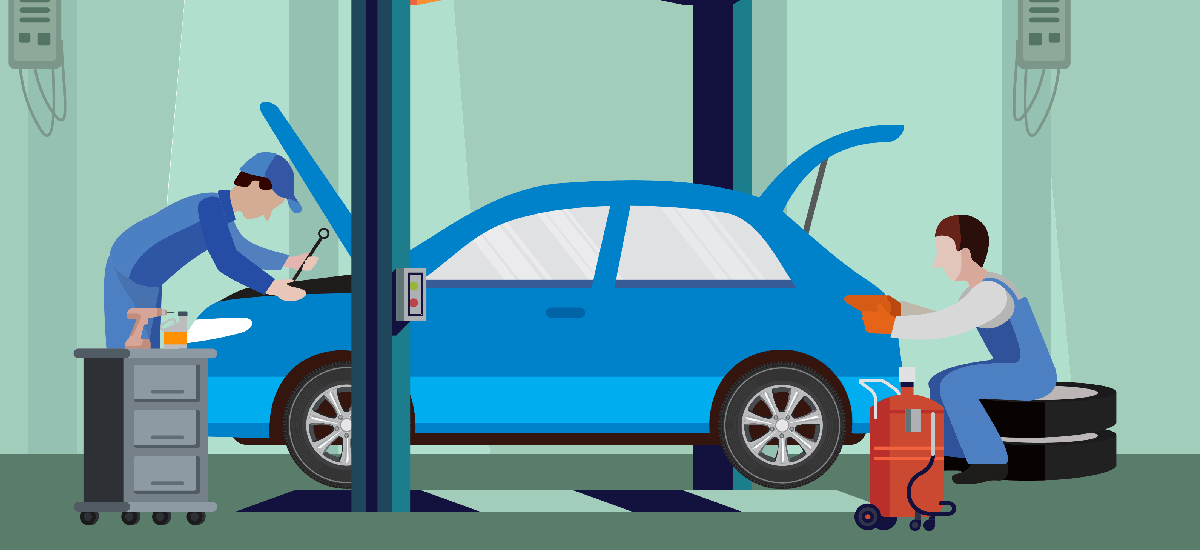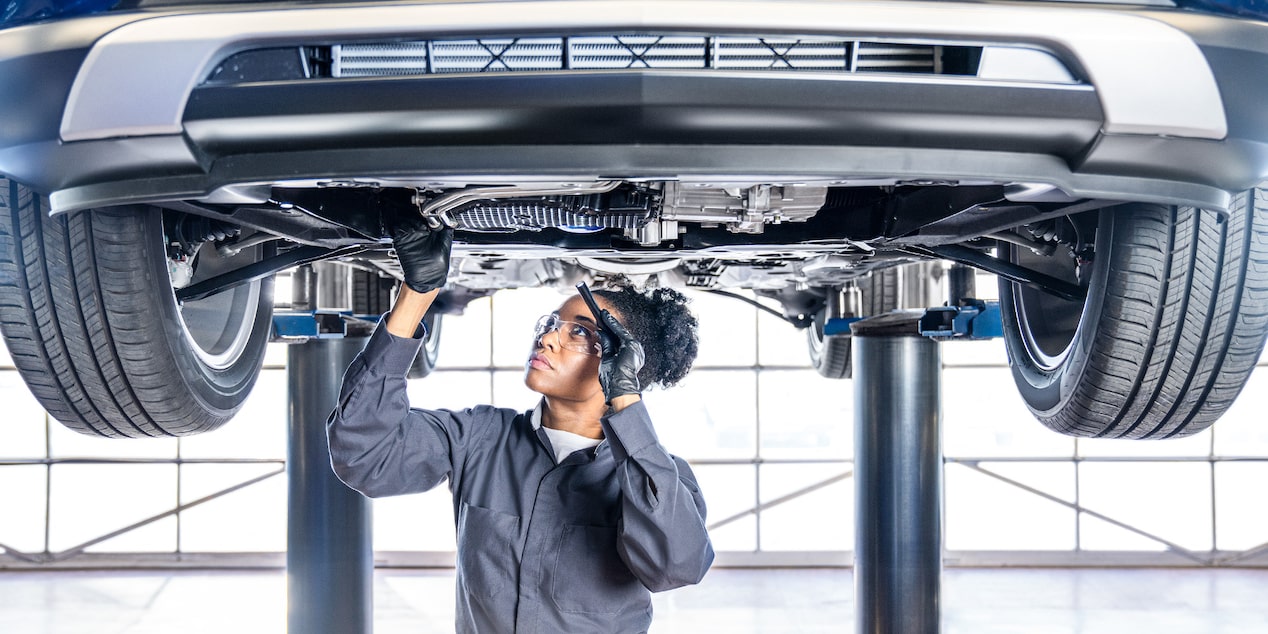All Categories
Featured

Comprehending the factors that affect the price of these repair services is crucial for vehicle proprietors that want to be prepared for the unexpected. From the kind of repair work needed to the make of your vehicle, a number of vital elements can determine how much you'll pay for fixings.
- Sort of Fixing. The nature of the repair work plays an essential function in the price. Straightforward fixings, such as changing a spark plug or brake pads, are generally less costly because they require fewer components and much less labor. On the other hand, repair work that include complicated systems like the transmission, engine, or electric systems have a tendency to be a lot more pricey. These repair services typically call for even more specialized components and experience, resulting in higher labor fees. Furthermore, if the repair work involves dismantling multiple parts, the labor prices can rise significantly.
- Make and Model of Your Automobile. The make and model of your vehicle have a considerable influence on the rate of repair work. Deluxe and international automobiles, such as BMWs, Audis, and Mercedes-Benz, typically come with higher repair service expenses due to their specialized parts and the expertise required to function on them. On the other hand, more usual automobiles like Ford or Toyota usually have more economical components and are less complicated for technicians to service, which lowers repair service expenses. In addition, some vehicles might need specific diagnostic devices or software for specific repairs, including in the total cost.
- Parts Availability and Top Quality. The price of the components needed for the repair is one more significant element. The rarity of components, specifically for older or specialized automobiles, can additionally drive up the expense, as discovering appropriate substitutes can take time and effort.
- Labor Prices. Labor expenses are among the biggest factors to the general cost of vehicle repair work. These expenses differ by region and repair store, with city locations commonly charging higher rates because of overhead prices. Mechanic experience additionally influences labor prices-- extra seasoned or specific specialists have a tendency to charge even more for their solutions. The intricacy of the fixing also plays a role; repair services that require more time or specialized knowledge, such as working with an engine or electrical system, will certainly lead to higher labor charges. Labor is generally billed on a per hour basis, and some repairs can take a number of hours to complete.
- Extent of the Damage. If the damage is considerable and calls for multiple parts to be changed or repaired, the price will rise. When major systems like the transmission or engine are impacted, the repair service expense can escalate swiftly due to the number of components and the labor included.
- Vehicle Age and Problem. Older vehicles have a tendency to need even more constant repairs, and as parts use out with time, the cost of those repair services can boost. In a lot of cases, older automobiles are a lot more susceptible to problems with their transmission, engine, or suspension. On top of that, parts for older versions may be harder to discover, which can increase both the rate and time required for repair work. If your vehicle is still in excellent total problem and well-maintained, you may be able to prolong its lifespan with fewer and much less costly repair services. Vehicles with less miles on the odometer may additionally be much less likely to need expensive repair services in the future.
- Area of the Service Center. The area of the repair store can additionally influence the price of vehicle repair services. In addition, dealerships typically bill extra for fixings contrasted to independent repair work shops, although dealerships may make use of OEM parts and offer customized service for your make and design.
- Insurance and Warranty Protection. If your car is still under service warranty, several major repair work may be covered by the manufacturer, which can save you a substantial quantity of cash. Sometimes, prolonged service warranties or solution plans can help cover fixings for sure parts of the car. Additionally, if the repair service is an outcome of a mishap, your vehicle insurance coverage plan might cover the price. Make certain to examine the terms of your insurance coverage or warranty plan to recognize what repair work are covered and what you might require to spend for out-of-pocket.

Conclusion. Several factors affect the cost of major auto repair work, consisting of the kind of repair service, the make and design of your automobile, the high quality of the parts used, and labor fees. Understanding these components can assist you better prepare for repair expenses and make more informed choices when it's time for a significant repair.
Latest Posts
Experience Coastal Sophistication at Deauville Inn
Published Apr 04, 25
1 min read
A Historic Coastline Location with Modern Thrills
Published Mar 31, 25
1 min read
Host Your Perfect Occasion: Venue Rental Alternatives for Every Occasion
Published Mar 23, 25
1 min read